- Kristi Powers
Choose the health content that’s right for you, and get it delivered right in your inbox.
One patient described a busy life - going through a divorce, moving into a new house, starting a new job, and raising a teenager. Sound familiar?
Despite her chaotic situation, she booked and kept her routine doctor’s visit, a testament to how important these exams can be, and it saved her life. At 48 she was diagnosed with thyroid cancer.

According to the American Cancer Society, an estimated 44,020 new cases of thyroid cancer are expected in the United States in 2024. There are various types of thyroid cancer, and the difference is based upon which cell within the thyroid gland becomes cancerous.
Dr. Russell Smith, is an otolaryngology surgeon and the director of thyroid and parathyroid surgery at the AdventHealth Cancer Institute, explains to The Healthy, a Reader’s Digest publication, “The most common thyroid cancers develop from the follicular cells of the thyroid gland. These cancers are called ‘well-differentiated thyroid cancers.’”
Smith adds most people do not have an identifiable risk factor for developing thyroid cancer – like genetics. He says exposure to ionizing radiation is one known risk.
To make this type of cancer even more difficult to diagnose, there aren’t many symptoms. Typically, the most common thyroid cancer symptom is a lump in the lower neck, just above where your collarbones meet, which is where the small, butterfly-shaped gland sits.

“As thyroid cancer progresses, other symptoms can occur,” Smith explains. Symptoms may include:
- New lumps on the sides of the neck
- Hoarseness
- Trouble swallowing
- Breathing difficulties
- Coughing up blood (hemoptysis)
Age may be a factor in how long someone can live with thyroid cancer, said Smith.
“These cancers (well-differentiated thyroid cancers) have a great response to treatment and have a very high survival that is over 95%,” Smith told The Healthy. However, in older patients or those with more advanced disease, this type of cancer can become quite aggressive, and survival rates may fall to around 50% to 60%.
The AdventHealth Head and Neck program in Orlando is recognized by U.S News & World Report as the only nationally ranked for Ear, Nose and Throat care in Greater Orlando.
Recent News

AdventHealth debuts first-of-its-kind Performer Health Program in Central Florida
AdventHealth is launching the Performer Health Program, a first-of-its-kind initiative in Central Florida focused on addressing the unique health needs of artists and performers.

AdventHealth named among U.S. News & World Report’s fifth annual 2026 Best Hospitals for Maternity Care
This marks the third year in a row AdventHealth Shawnee Mission has appeared on the U.S. News & World Report’s list of Best Hospitals for Maternity Care.

AdventHealth Waterman strengthens access to expert specialty care with expansion of Mount Dora medical plaza
Second floor buildout adds orthopedics, sports medicine, women’s health and heart care for Lake County
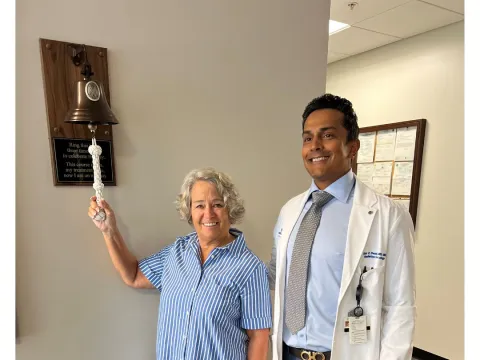
Expanding hope through innovation: AdventHealth advances cancer care across East Florida
Cancer touches nearly every family, and in Flagler, Lake and Volusia counties, the demand for timely, advanced care keeps rising. AdventHealth’s East Florida Division, which includes seven hospitals...

For two Hope Clinic patients, music spurs recovery
STROKESTRA heals stroke survivors in so many meaningful ways.
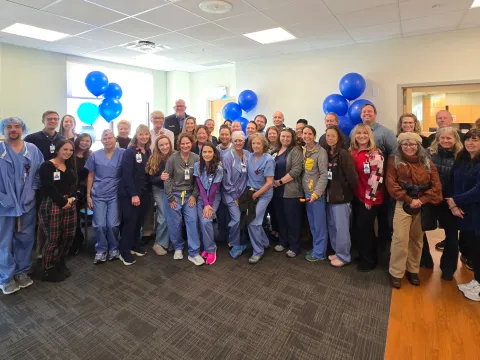
A new chapter begins: AdventHealth Avista opens its on-campus surgery center
This milestone marks a meaningful new chapter for a team whose history stretches back more than two decades.

AdventHealth Porter Performs Rare, Complex Robotic Kidney Cancer Surgery
AdventHealth Porter has reached an extraordinary milestone in surgical innovation, completing what is believed to be the first robotic left radical nephrectomy with inferior vena cava (IVC)...
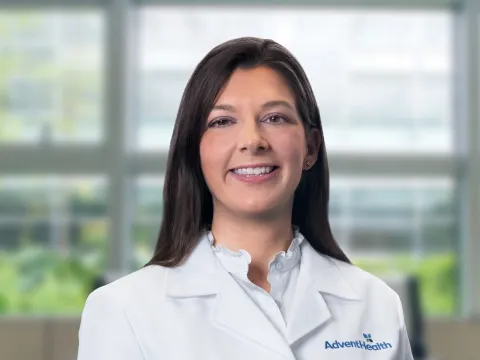
Amanda Robinson, DO, joins AdventHealth Medical Group Family Medicine, Internal Medicine & Pediatrics at Curtis Parkway
AdventHealth is pleased to announce that Amanda Robinson, DO, has joined AdventHealth Medical Group Family Medicine, Internal Medicine & Pediatrics at Curtis Parkway.

Helping the Helpers: Spotlight on AdventHealth Avista’s Director of Supply Chain, Mike Vos
For Mike Vos, Director of Supply Chain at AdventHealth Avista, caring for others isn’t just part of the job - it’s woven into his family story. With a mother who is a career nurse and now Director of...

New hospital brings world-class, whole-person care to Minneola
AdventHealth Minneola will bring nationally recognized care close to home in South Lake County.
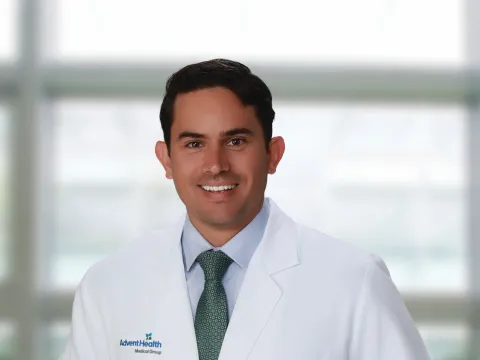
New surgeon expands local access to advanced colorectal care in Volusia County
Dr. Mark Heimberger joins AdventHealth as part of its continued investment in bringing minimally invasive and robotic colorectal treatment options to the region’s growing community.
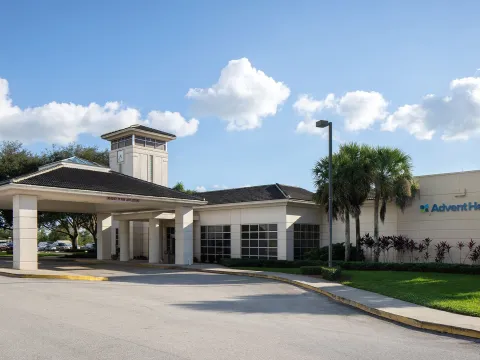
AdventHealth Lake Placid launches Low Dose Lung Screening CT program to help detect cancer early
AdventHealth Lake Placid has launched a new Low Dose Lung Screening CT program, bringing this life-saving service closer to home for people who live in and around Lake Placid.
